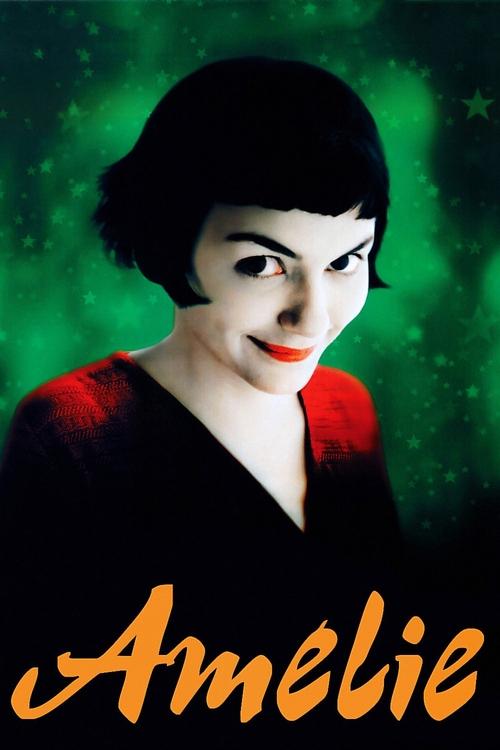
Title: Amélie
Year: 2001
Director: Jean-Pierre Jeunet
Writer: Jean-Pierre Jeunet
Cast: Audrey Tautou (Amélie Poulain), Mathieu Kassovitz (Nino Quincampoix), Rufus (Raphaël Poulain), Serge Merlin (Raymond Dufayel), Jamel Debbouze (Lucien),
Runtime: 122 min.
Synopsis: At a tiny Parisian café, the adorable yet painfully shy Amélie accidentally discovers a gift for helping others. Soon Amelie is spending her days as a matchmaker, guardian angel, and all-around do-gooder. But when she bumps into a handsome stranger, will she find the courage to become the star of her very own love story?
Rating: 7.913/10